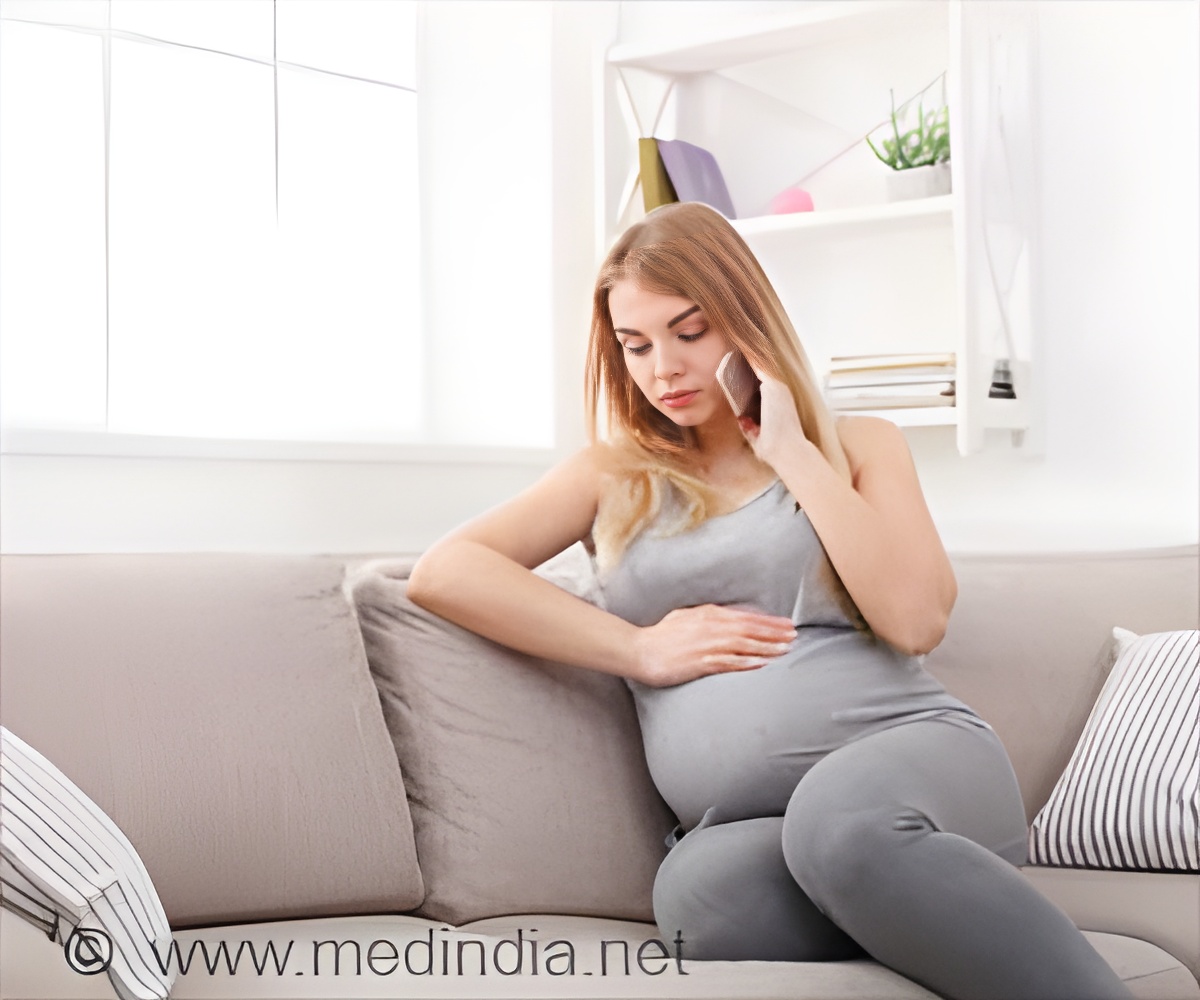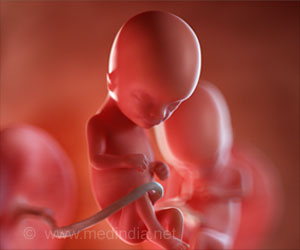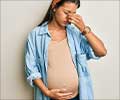New therapy for women with recurrent pregnancy loss caused due to own antibodies,hasincreasedlive birth rates from 50% to 87% and reduced pregnancy complication

Low-dose aspirin and heparin treatment improves pregnancy outcome in recurrent pregnancy loss women with anti-β2-glycoprotein I/HLA-DR autoantibodies: a prospective, multicenter, observational study
Go to source).
A Cause of Recurrent Pregnancy Loss – Woman’s Own Antibody!
Recurrent pregnancy loss refers to a condition affecting women who have experienced the loss of two or more pregnancies without clear causes. Dr. Kenji Tanimura, an obstetrician at Kobe University, and his research team have previously discovered that in 20% of these women, a specific antibody can be identified in their blood, which attacks their bodily tissues. Tanimura explains: “There is no known treatment for this particular condition, but the antibodies have a similar target to those that play a role in a different condition that has an established treatment.”‘Recurrent pregnancy loss (RPL) is the occurrence of two or more clinical pregnancy losses, or miscarriages, before completing 20 weeks of the gestation period. #Recurrentpregnancyloss #medindia’





He wanted to determine if that treatment is effective in cases involving the newly identified antibody.How the Rate of Live Births Improved with New Treatment Technique
Tanimura collaborated with obstetricians from five hospitals in Japan to conduct a two-year study analyzing the blood of consenting women experiencing recurrent pregnancy loss for the presence of antibodies. During this period, if any of these women became pregnant, their healthcare providers would present treatment options that included medications effective for a chemically related condition, specifically low-dose aspirin or a medication known as “heparin.” The research team subsequently monitored the outcomes, noting how many women who received these treatments achieved full-term live births or faced pregnancy complications, and compared these results with those of women who did not receive either of the two medications.Researchers from Kobe University recently published their findings in the journal Frontiers in Immunology. Their study indicates that women who underwent the treatment experienced a significantly higher rate of live births, with 87% achieving this outcome, in contrast to only 50% of those who did not receive the treatment. Furthermore, among the live births, the treatment notably decreased the incidence of complications from 50% to 6%. “The sample size was rather small (39 women received the treatment and 8 did not), but the results still clearly show that a treatment with low-dose aspirin or heparin is very effective in preventing pregnancy loss or complications also in women who have these newly discovered self-targeting antibodies,” summarizes Tanimura.
A significant number of women who were found to have the newly identified self-targeting antibodies also showed positive results for the previously known antibodies. Nevertheless, the research team from Kobe University discovered that women possessing solely the newly identified antibodies and who underwent treatment had an even higher likelihood of achieving a live birth (93%), with none of these cases experiencing pregnancy complications.
Looking ahead, Tanimura says: “The newly discovered self-targeting antibody has been demonstrated to be involved also in infertility and recurrent implantation failure, as well as a risk factor for arterial thrombosis in women with systemic rheumatic diseases. I therefore expect that studies about the effectivity of the treatment against a broader range of conditions might produce encouraging results.”
Advertisement
- Low-dose aspirin and heparin treatment improves pregnancy outcome in recurrent pregnancy loss women with anti-β2-glycoprotein I/HLA-DR autoantibodies: a prospective, multicenter, observational study - (https://www.frontiersin.org/journals/immunology/articles/10.3389/fimmu.2024.1445852/full)














